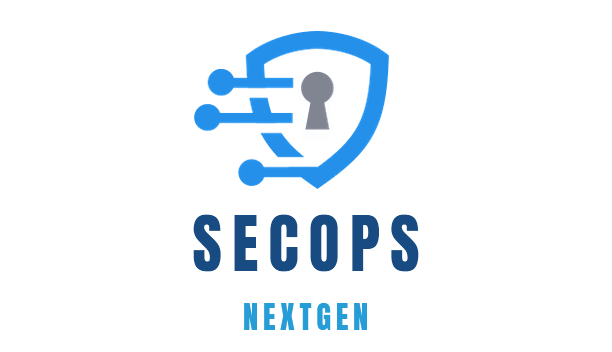The Impact of AI on Education: Personalizing Learning Experiences
In an increasingly digital world, the integration of Artificial Intelligence (AI) into education is revolutionizing traditional learning paradigms. By harnessing the power of AI, educators are reshaping the educational landscape to create personalized learning experiences that cater to diverse student needs. This article explores how AI is impacting education, particularly in personalizing learning experiences, and the potential benefits and challenges that accompany this transformation.
The Shift Towards Personalization
Historically, education has often followed a one-size-fits-all approach, where the same content and teaching methods are applied to every student regardless of their individual learning styles, paces, or interests. AI technology is paving the way for a more customized educational experience. By analyzing data from various sources—such as assessments, participation metrics, and learning preferences—AI systems can identify gaps in knowledge and tailor educational content accordingly.
For instance, intelligent tutoring systems, powered by AI algorithms, can adapt in real time to a learner’s performance. If a student struggles with a particular concept in mathematics, the system can offer targeted exercises, adjust the difficulty level, and provide immediate feedback, thus enhancing understanding and retention. This level of personalization fosters a more engaging and supportive learning environment, leading to better educational outcomes.
AI Tools Enhancing Personalization
Several AI-driven tools are emerging in the education sector, each designed to personalize learning experiences:
-
Adaptive Learning Platforms: Platforms like DreamBox Learning and Smart Sparrow utilize AI to analyze student interactions with the material. They adapt the curriculum based on real-time data, presenting content that matches individual learning pathways and competencies.
-
Virtual Learning Assistants: Chatbots and virtual assistants, such as IBM’s Watson, provide students with 24/7 access to resources and support. This immediate access to information helps personalize learning, allowing students to explore topics at their own pace and seek clarification on-demand.
-
Learning Analytics: AI-driven analytics tools compile vast amounts of data to provide insights into student performance and engagement. Educators can use this information to make informed pedagogical decisions, adjust teaching strategies, and provide tailored interventions for at-risk students.
- Gamified Learning: AI can enhance gamification in education, creating immersive experiences that motivate students. Platforms like Kahoot! and Duolingo employ AI to track user progress and adapt challenges accordingly, motivating learners while accommodating their unique preferences.
Benefits of Personalized Learning through AI
The benefits of personalized learning experiences fueled by AI are manifold:
- Increased Engagement: Custom-tailored learning experiences cater to students’ interests and strengths, making education more relevant and engaging.
- Improved Academic Performance: By providing targeted support and resources, AI-facilitated personalization can lead to enhanced academic outcomes and mastery of concepts.
- Better Learning Retention: Students are more likely to retain information when it resonates with their personal experiences and learning styles, thanks to adaptive learning technologies.
- Support for Educators: AI tools help educators to better understand their students’ needs, enabling them to make more informed decisions and focus on fostering critical thinking and creativity.
Challenges and Considerations
Despite the tremendous potential of AI in personalizing education, several challenges remain:
-
Data Privacy and Security: The collection and analysis of student data raise concerns over privacy. Institutions must ensure that they comply with data protection regulations and safeguard sensitive information.
-
Equity of Access: There is a risk that AI-powered personalized learning tools become available only to well-funded school districts. Ensuring equitable access to these technologies is crucial to prevent widening the educational gap.
-
Quality of AI Systems: The efficacy of AI in education hinges on the quality of algorithms and data. Poorly designed systems can lead to inaccurate assessments and recommendations, undermining educational objectives.
- Teacher Training and Support: Educators need adequate training to leverage AI tools effectively. Investing in professional development will be essential in empowering teachers to integrate AI into their classrooms successfully.
Conclusion
The integration of AI into education holds great promise for personalizing learning experiences and transforming how students engage with knowledge. As the educational landscape continues to evolve, it is important for stakeholders—educators, policymakers, and tech developers—to collaborate in addressing the challenges while maximizing the benefits. By harnessing AI responsibly, we can create an inclusive, adaptive, and effective education system that prepares all learners for the complexities of the future.





Deixe o seu comentário